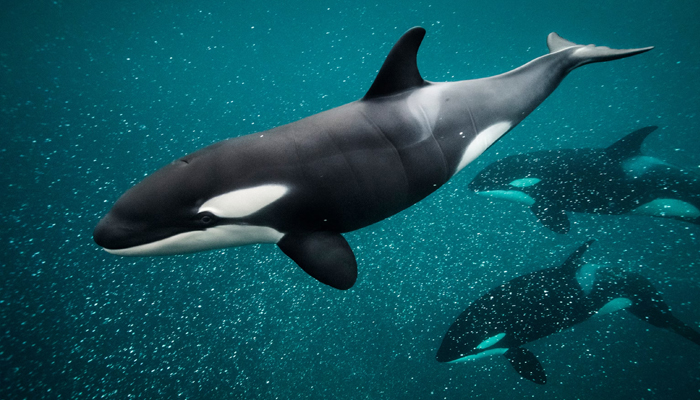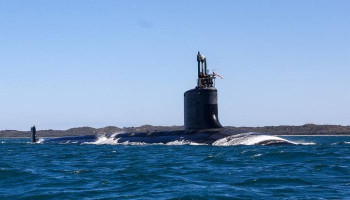
Marine researchers provided important insights on the hunting habits, behaviours, and socialisation of orcas, also known as killer whales, who are enormous and powerful apex predators found in waters all over the world.
Experts believe that the giant orca whales take only one breath between dives. According to Popular Science, orcas may also devour big white sharks and attack huge boats on their own.
The study included 11 northern and southern resident orcas off the coast of British Columbia. They eat Chinook salmon.
Tess McRae, the study's co-author and a University of British Columbia student, told the outlet: "Our northern resident killer whales are threatened, and our southern resident killer whales are endangered. So it's critical for us to understand how much energy these whales use, along with how much food they require to thrive.”
Read more: AI systems found to deceive humans
The experts determined that orcas spend the majority of their time in shallow dives that last less than a minute.
"Killer whales are like sprinters who don't have the marathon endurance of blue and humpback whales to make deep and prolonged dives," stated UBC professor Dr Andrew Trites.
Humans require more oxygen and breathe faster during any activity, however, orcas consume substantially less. The data gathered via various ways gave critical insights into the orcas' deep-water activity.
In addition, chemical pollution, vessel hits, and limited food supply have all had a negative influence on this endangered species.
















